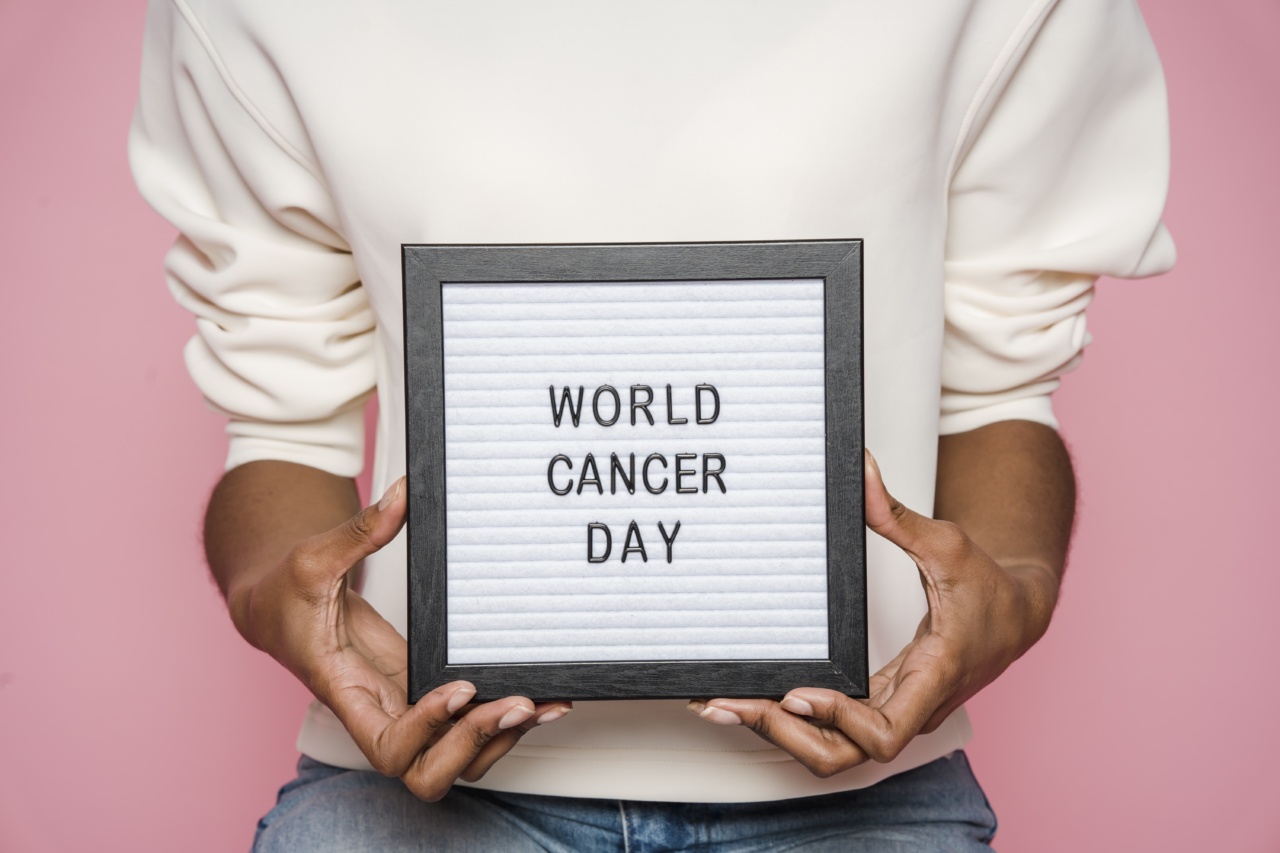Colon cancer is a deadly disease that affects the large intestine. According to the American Cancer Society, it is the third leading cause of cancer-related deaths in the United States, with more than 150,000 new cases diagnosed every year.
However, the good news is that it is highly preventable through healthy lifestyle choices. One of the most important things you can do to reduce your risk of colon cancer is to adopt a healthy diet.
What Is Colon Cancer?
Colon cancer is a type of cancer that develops in the cells of the large intestine. It usually starts as small, noncancerous clumps of cells called polyps that grow on the inner lining of the colon.
Over time, some of these polyps can become cancerous and spread to other parts of the body.
What Causes Colon Cancer?
There is no one cause of colon cancer, but several factors can increase your risk of developing the disease. These include:.
- A family history of colon cancer or polyps
- A personal history of inflammatory bowel disease
- A sedentary lifestyle
- A diet high in red meat and processed foods
- Obesity
- Smoking and heavy alcohol use
The Role of Diet in Colon Cancer Prevention
Diet plays a crucial role in the prevention of colon cancer. Several studies have shown that a diet rich in fruits, vegetables, whole grains, and lean proteins can significantly reduce your risk of developing the disease.
On the other hand, a diet high in red meat, processed foods, and saturated fats can increase your risk.
What Is the One Thing You Should Do Every Day to Prevent Colon Cancer?
The one thing you should do every day to prevent colon cancer is to eat a high-fiber diet. Fiber is a type of carbohydrate that is not digested by the body but passes through the digestive system intact.
It is found in fruits, vegetables, whole grains, and legumes.
There are two types of fiber: soluble and insoluble. Soluble fiber dissolves in water and forms a gel-like substance in the digestive tract that helps to slow down the absorption of food and lower cholesterol levels.
Insoluble fiber, on the other hand, does not dissolve in water and helps to promote regular bowel movements.
Both types of fiber are important for colon health.
Soluble fiber helps to reduce inflammation in the colon and prevent the formation of polyps, while insoluble fiber helps to promote regular bowel movements and prevent constipation, which can lead to the formation of polyps.
How Much Fiber Should You Eat Every Day?
The recommended daily intake of fiber for adults is 25-30 grams per day. However, the average American only eats about 15 grams of fiber per day, which is not enough to promote colon health.
To increase your fiber intake, you should aim to eat a variety of fruits, vegetables, whole grains, and legumes every day. Some high-fiber foods include:.
- Fruits: apples, oranges, berries, bananas, pears
- Vegetables: broccoli, spinach, carrots, peas, sweet potatoes
- Whole grains: brown rice, whole wheat bread, oatmeal, quinoa
- Legumes: beans, lentils, chickpeas
Other Tips for Preventing Colon Cancer
In addition to eating a high-fiber diet, there are several other things you can do to reduce your risk of colon cancer:.
- Get regular exercise: Aim for at least 150 minutes of moderate-intensity exercise per week.
- Maintain a healthy weight: Being overweight or obese can increase your risk of colon cancer.
- Quit smoking: Smoking is a major risk factor for colon cancer and other types of cancer.
- Drink alcohol in moderation: Heavy alcohol use can increase your risk of colon cancer.
- Get regular screenings: Starting at age 50, you should get regular colonoscopies to screen for colon cancer.
The Bottom Line
Colon cancer is a deadly disease, but it is also highly preventable through healthy lifestyle choices. Eating a high-fiber diet is one of the most important things you can do to reduce your risk of colon cancer.
Aim to eat at least 25-30 grams of fiber per day by consuming a variety of fruits, vegetables, whole grains, and legumes. In addition to eating a healthy diet, be sure to get regular exercise, maintain a healthy weight, quit smoking, and drink alcohol in moderation. And most importantly, don’t forget to get regular colonoscopies to screen for colon cancer.































